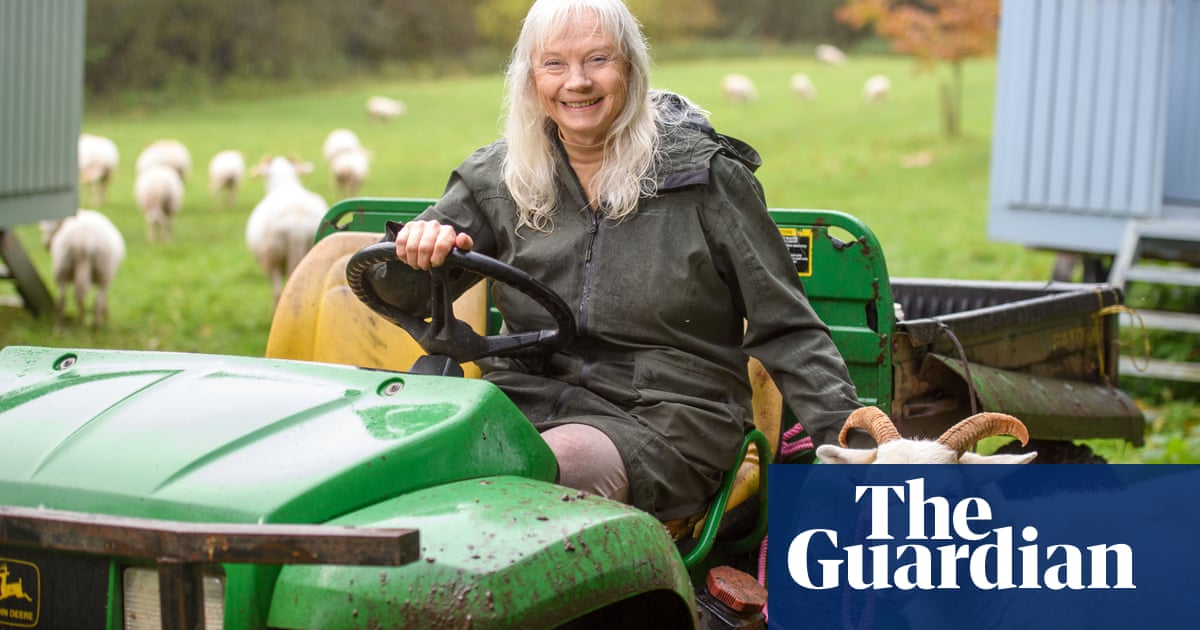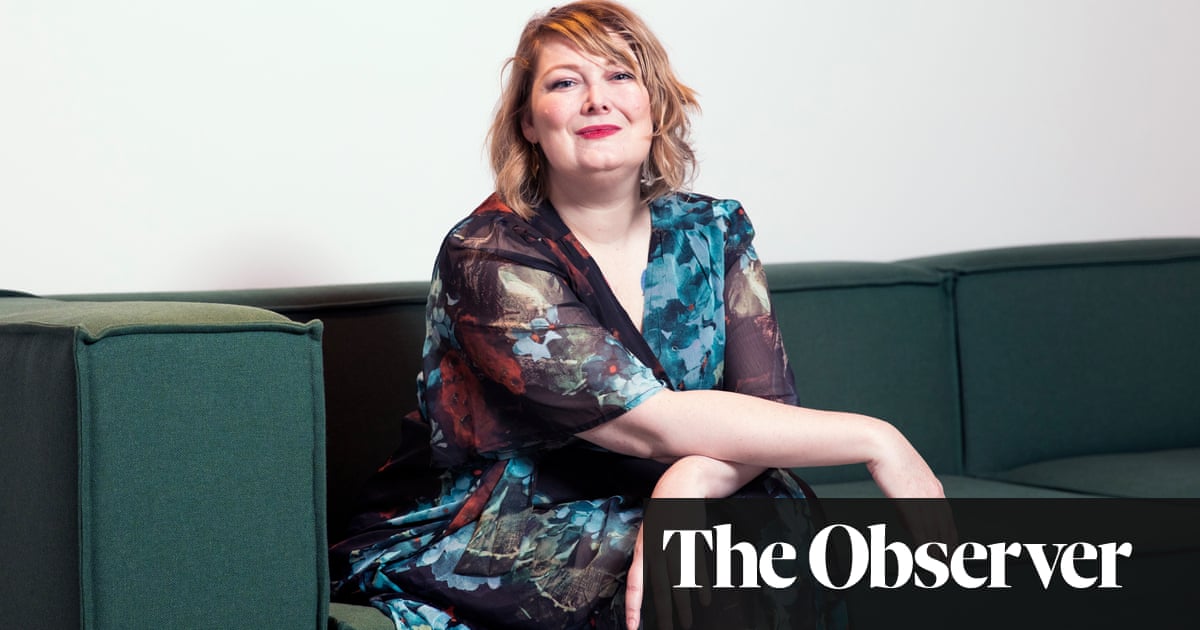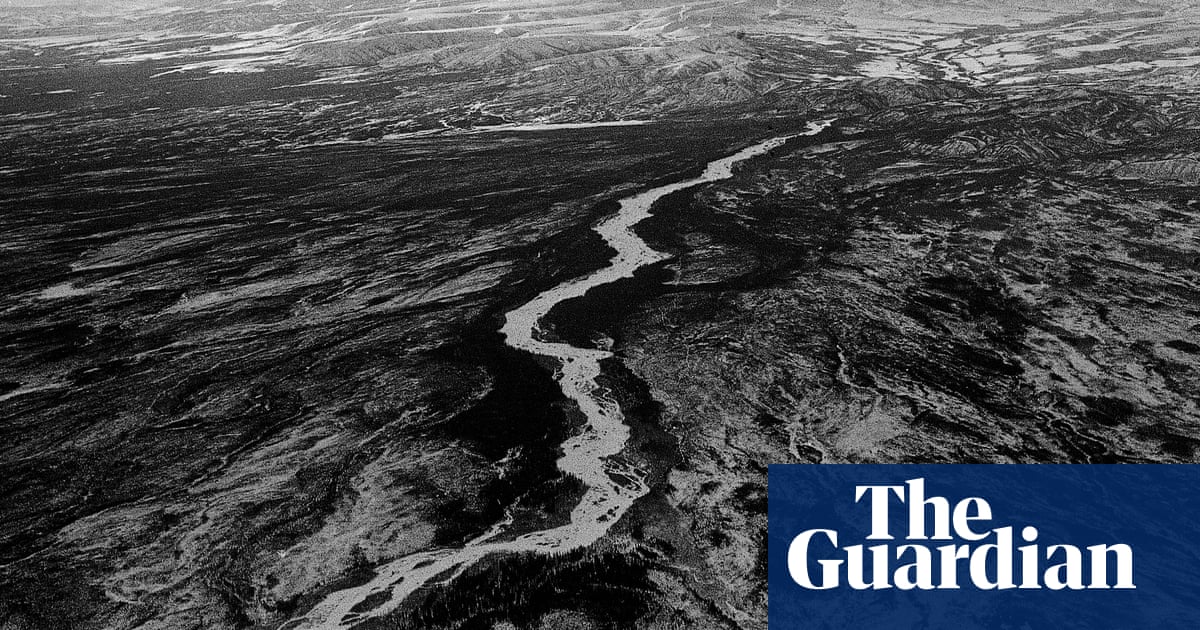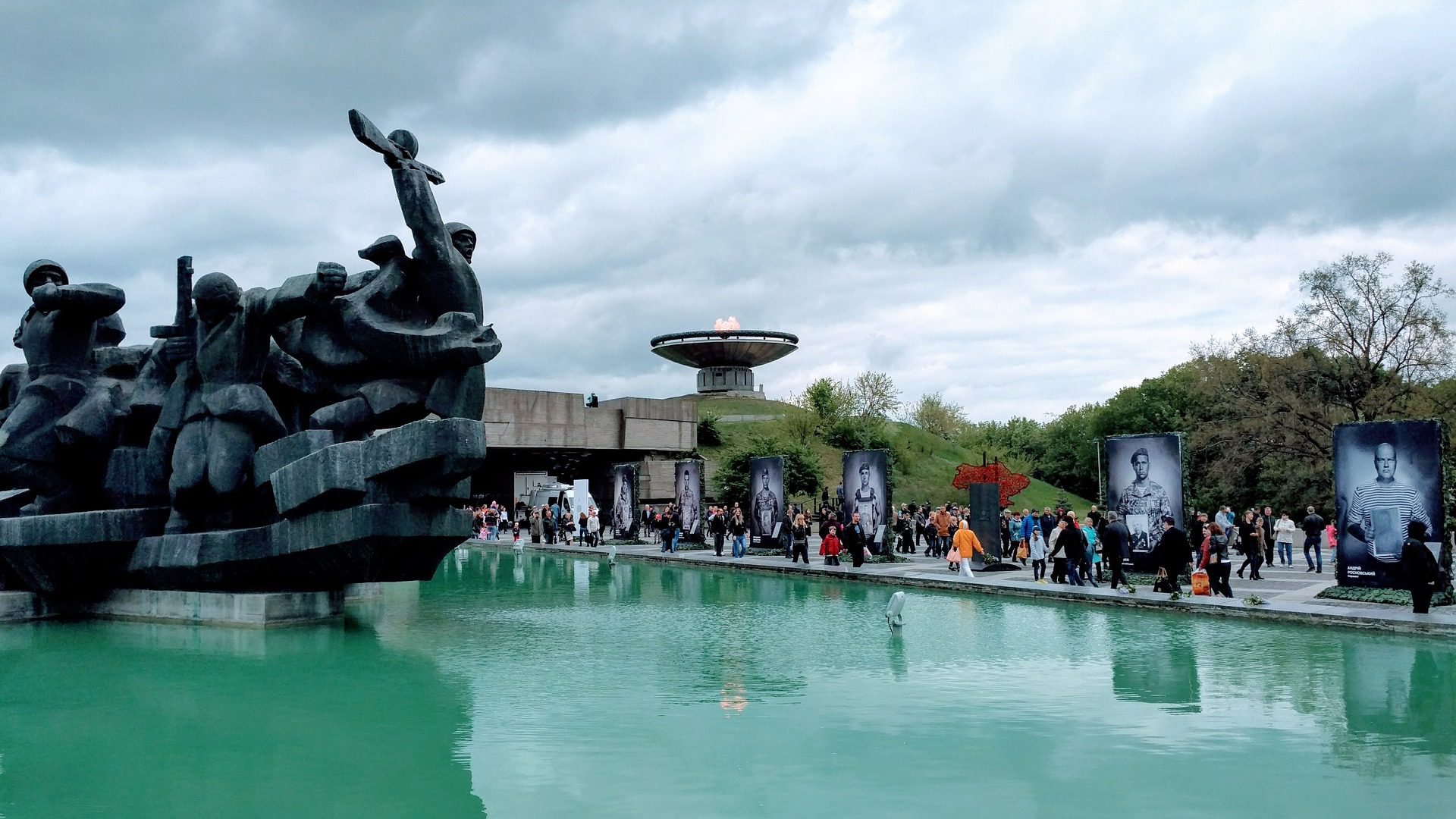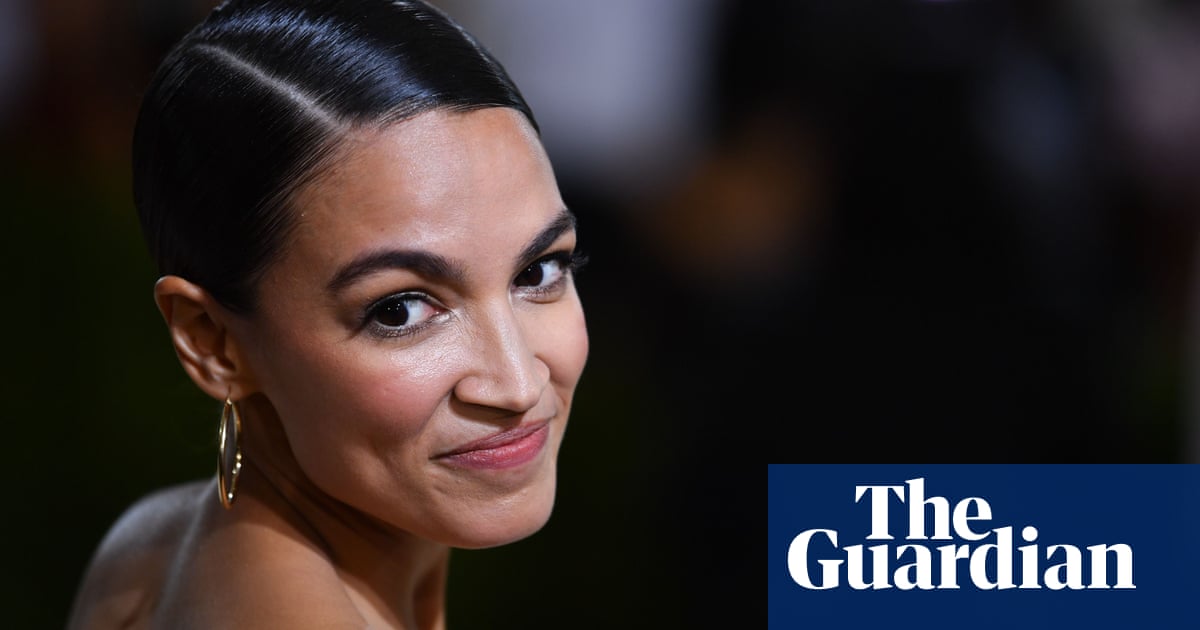
My earliest reading memory
The Elephant’s Child by Rudyard Kipling, mostly read to me by my mother. But I knew it so well after a while that it became the first book I could read for myself, or I thought I could.
My favourite book growing up
Treasure Island by Robert Louis Stevenson. It was the first book I lost myself in. I became Jim Hawkins hiding in the barrel of apples on the Hispaniola, overhearing Long John Silver and his villainous cronies plotting murder and mutiny. My fascination with islands began in this book, my love of the sea, too. I’d read this again and again. It’s beautifully written. Stevenson became a mentor for me, still is.
The book that changed me as a teenager
The Old Man and the Sea by Ernest Hemingway. It was the first book that drew me into the intensely complex relationship between ourselves and the world about us, and between youth and age.
The writers who changed my life
The poets of the first world war. I read them as a young man, when I was a soldier. The poems were part of the reason I left the army and became a teacher and then a writer of many books about war in which a longing for peace and reconciliation is always evident.
The book that made me want to be a writer
It Never Rained. The first book I wrote, published in 1974. It was my first attempt to tell a story of my own to my primary school class of challenging 10-year-olds. As I told it, they all listened in rapt silence, each of them living and loving the story. It was the moment I discovered I could tell a tale, and that I loved doing it. I think it was the afternoon I became a writer.
The book I came back to
I grew up in a house where there were books everywhere, and there was considerable pressure to read the classics, which were simply too dense and difficult for me. I was given Dickens’s Great Expectations to read. I cheated, and read it in a Classics Illustrated graphic novel version. I saw the film, too. I did read the book much later and loved it. Maybe because by that time I had seen my father, the actor Tony Van Bridge, playing Magwitch, the escaped convict.
The book I reread
The Man Who Planted Trees by Jean Giono. I like short stories. I read this in translation, with wonderful woodcut illustrations. It reads like a narrative poem and is a wonderful evocation of a shepherd’s love for his sheep, and for the welfare of the land. It has become to me over the years an ever more powerful reminder of how we must tread softly on this Earth, replenish it and love it.
The book I could never read again
Almost every book by GA Henty that I read as a boy at boarding school in the 1950s. With Clive in India, With Lee in Virginia, and dozens of others. They were all historical adventure stories, but heavy with echoes of empire. I learned history from them, but skewed history, and skewed geography too. The books went along with the map on the classroom wall, a lot of it still pink. To read them now would not be easy, and would make me worry that I enjoyed them so much when I was little.
The book I discovered late in life
Silent Spring by Rachel Carson. This is a book that should have opened minds and hearts years ago to the damage we are inflicting on the world about us.
The book I am currently reading
The Land Between the Moors, edited by Michael Winter. A book of essays on the culture, environment and agricultural change in the place I live, down what Ted Hughes called “the deep lanes of Devon”. There’s a most wonderful short story in it by the novelist Jane Feaver. I can see the valley she is writing about from my window.
Flying Scotsman and the Best Birthday Ever by Michael Morpurgo is published by Thames and Hudson. To support the Guardian and Observer, order your copy at guardianbookshop.com. Delivery charges may apply.





